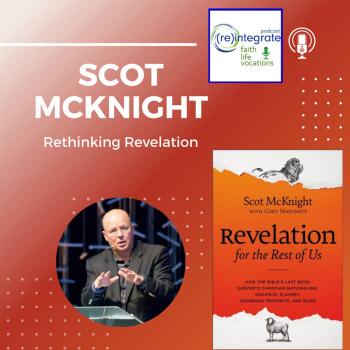I’ve been paying bills and looking at the statements for our credit card purchases for the last month, and I wonder, Have I been wise in what I’ve purchased?
Jesus told us,
“Do not store up for yourselves treasures on earth, where moth and rust destroy, and where thieves break in and steal. But store up for yourselves treasures in heaven, where moth and rust do not destroy, and where thieves do not break in and steal. For where your treasure is, there your heart will be also.” (Matthew 6:19-21)
The key to understanding this is that Jesus says “for yourselves.” If Jesus spoke these words in 21st Century America, what would he have said?
At the risk of presumption, I think he would have seen the way consumerism has defined our existence in the United States and said, “Don’t let the marketers suck you into thinking that you must have all that they are advertising to you. Invest not in things that have planned obsolescence and that feed your discontent for what you already have. Rather, invest in things that have eternal significance, that do not go obsolete and you will not feel the need to replace when the newest model comes out.”
As Benjamin Barber, author of Consumed, recently said on Bill Moyers Journal, “Capitalism needs us to buy things way beyond the scope of our needs and wants to stay in business…That’s the bottom line. Capitalism is no longer manufacturing goods to meet real needs and human wants. It’s manufacturing needs to sell us all the goods it’s got to produce.”
Some Christians have seen this corruption of Capitalism and have swung the pendulum over into an almost Marxist Christian view that demonizes private property, business for profit, and free market trade. This is not what I’m advocating here (see Michael Kruse’s excellent insights on Capitalism and Christianity here).
What I am saying is that I believe Jesus wants us to not be consumed by consumerism. He wants us to be wise with our purchases. He wants us to do the hard work of looking at ourselves in the mirror in order to see if we have succumbed to the temptations of our consumerist culture.
Interestingly, Jesus does not tell me that where my hearts is, that is where I will put my money. Instead he flips that around: “For where your treasure is, there your heart will be also.” In other words, I had better watch what I spend my money on, look at what I buy and what I own, see what’s on my Master Card statement. There’s my treasure.
Frightening stuff.












